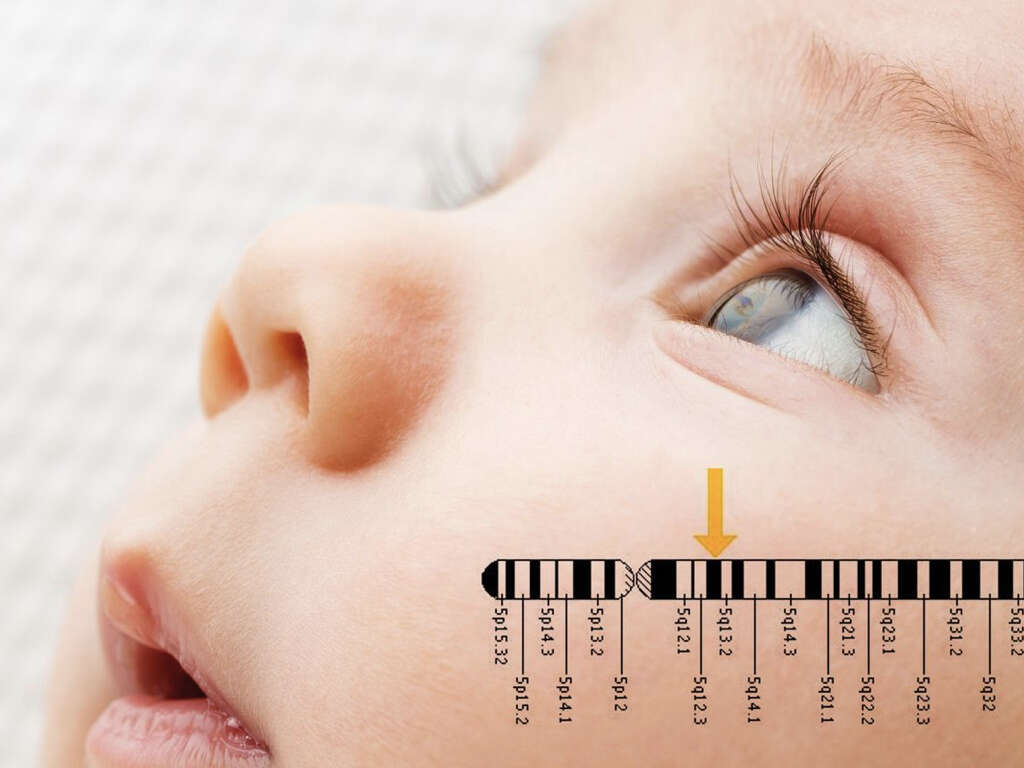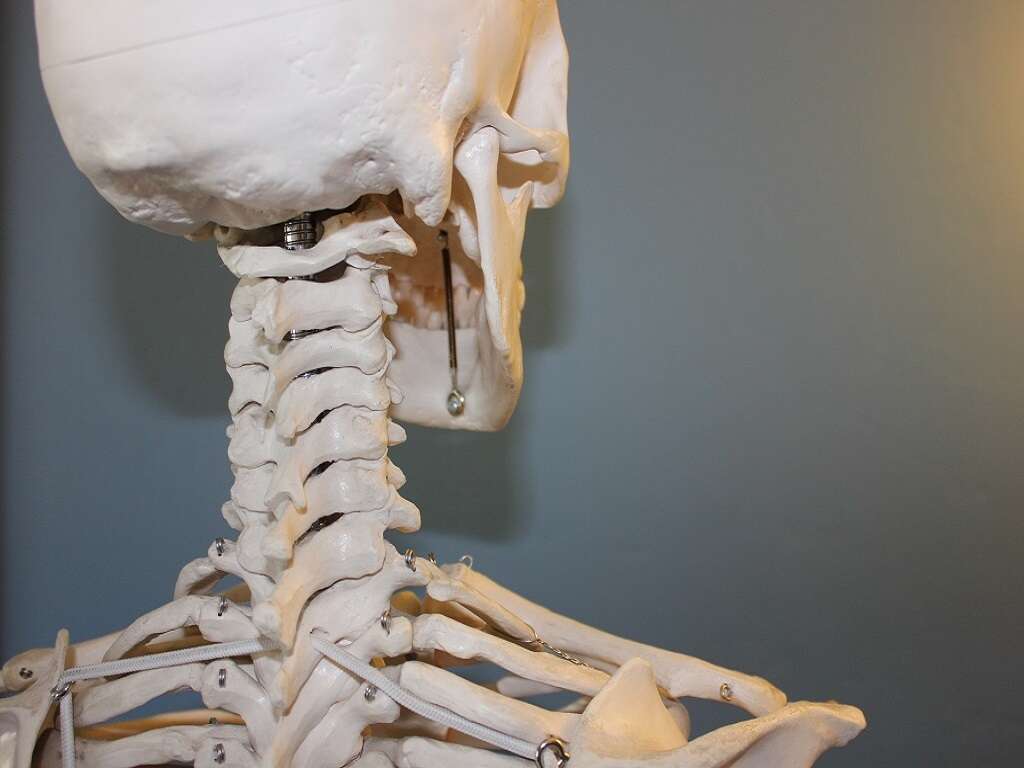10 Common Brain Diseases
Our brain is a very impressive organ. It has helped us to become the most intelligent species that we know of and has helped our species to make great achievements. Our brains have helped us dominate our planet and can also help us expand beyond the planet we live on.
Unfortunately, though, it is susceptible to disease. People can suffer from a range of conditions relating to the brain that can have quite an impact on our quality of life. Diseases of the brain can leave us unable to move freely and unable to even think clearly. They are more common in older people but brain diseases can affect people of all ages.
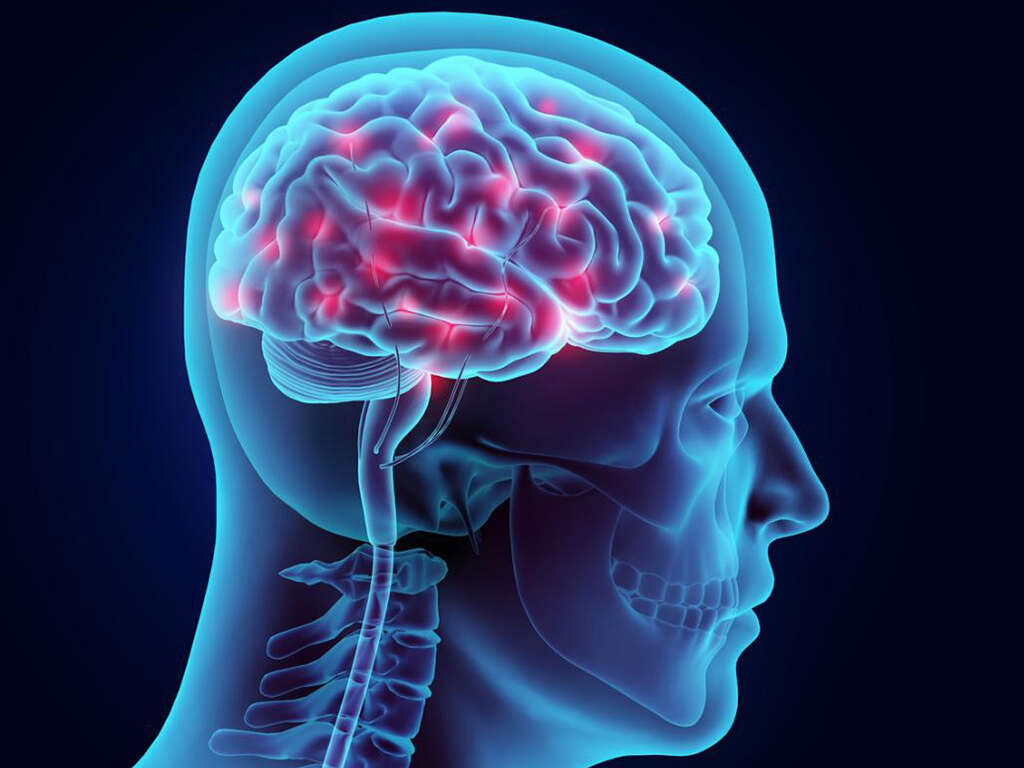
Brain Disease #1: Abscess
If you get an infection then pus is likely to form as a result. Pus is a collection of dead bacteria and white blood cells that have been spent in fighting the infection. It will usually drain away itself but will sometimes collect in a sac which we know as an abscess. Abscesses can be found throughout the body, including in the brain.
Even if the infection was not in the brain, it can still develop an abscess. An abscess can grow within the brain, putting pressure on the surrounding brain matter. Brain abscesses are usually treated with a strong antibiotic. In some cases, it may be necessary to drain the abscess surgically.
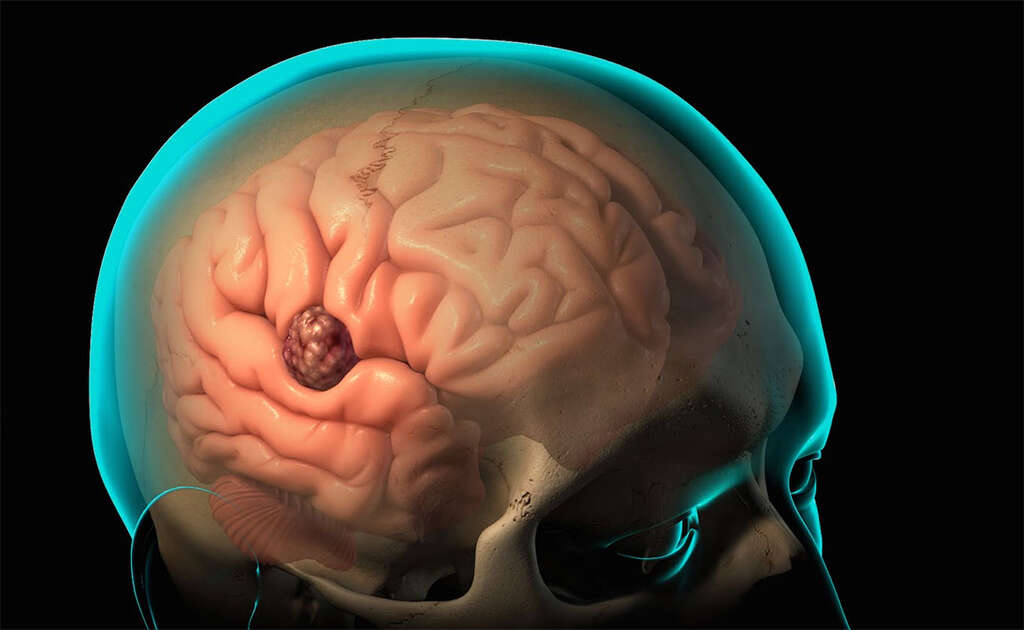
Brain Disease #2: Lou Gehrig’s Disease
In the 1930s, a famous baseball player by the name of Lou Gehrig became ill with a condition known as amyotrophic lateral sclerosis (ALS). Since then it is commonly known as Lou Gehrig’s disease, after the famous player. It is a neurodegenerative disease that directly affects the spinal cord and the brain.
The disease specifically attacks the parts of the nervous system that are responsible for controlling the muscles. This leads to a lack of coordination and atrophy of the muscles. The most common form is sporadic ALS, which accounts for around 90% of all cases. Familial ALS is inherited and accounts for around 5-10% of all cases.

Brain Disease #3: Encephalitis
Encephalitis is a condition where the brain is suffering from inflammation. It is often caused as a result of the body’s response to a viral infection. It can also be caused when the body’s own immune system attacks the very brain it is supposed to be protecting. It is a very serious condition and should be treated as an immediate emergency.
Symptoms can begin with headaches and fevers and will gradually worsen. The patient will also experience drowsiness, confusion and they can also lose consciousness. It can also lead to a coma and fatalities can occur. Strong antibiotics are often used to treat the condition.
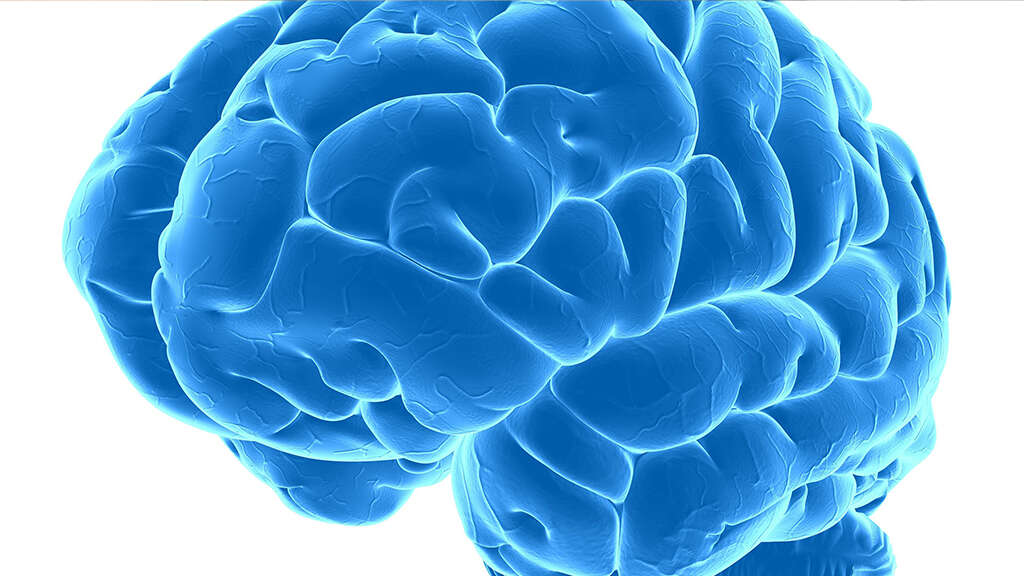
Brain Disease #4: Epilepsy
Epilepsy is a relatively common condition that is experienced by people all over the world. We are not clear on why it happens, but we do know it is down to irregular electrical patterns in the brain. It causes a range of symptoms including confusion and seizures and can range significantly in its severity.
An epileptic attack can occur without warning, potentially putting the patient into dangerous situations. It is most common in young people although many are likely to grow out of the condition as they get older. The condition can be treated with medication that will help decrease the frequency of seizures or even stop them altogether for as long as the medication is being used.

Brain Disease #5: Parkinson’s Disease
Parkinson’s is another fairly common brain disease and was named after James Parkinson, the English physician that first officially described the condition in 1817. It is a neurodegenerative disease that affects the nerves in the center of the brain. It is responsible for stopping the production of the much-needed neurotransmitter known as dopamine.
Patients are likely to experience uncontrollable shaking and they can also experience difficulty in controlling their emotions. Stiffness of the muscles and a lack of coordination are also experienced. We have yet to find a cure for the disease but symptoms can be treated to decrease their frequency and severity.

Brain Disease #6: Meningitis
Surrounding the brain and the spinal cord is a protective membrane which is known as the meninges. Meningitis is a condition where this membrane has become inflamed, potentially causing irritation and damage to the brain and/or spinal cord. It is a result of several potential causes, including infections, allergies, cancers, and chemicals.
Meningitis is a potentially very serious condition and should be treated as an emergency. Symptoms include stiff neck, fever, drowsiness, confusion, muscle pain, blotchy skin and vomiting. It does have the potential to be fatal. Treatment includes strong antibiotics and hospitalization is a necessity. Most people will survive the ordeal, although permanent damage such as loss of hearing and brain damage can occur.

Brain Disease #7: Stroke
The brain needs a constant supply of nutrients and oxygen-rich blood 24/7. Should this flow of blood be stopped for any reason then you can be in a lot of trouble. The brain is well fed with oxygen by veins and arteries but these can become blocked or the flow of blood impeded in other ways.
This results in a stroke, a fairly common condition, particularly in older people. Many people will have a stroke and not realize it, perhaps thinking they tripped or slipped despite a fall being the result of a stroke. It is important to be able to recognize symptoms because it is essential that treatment is sought as soon as possible.
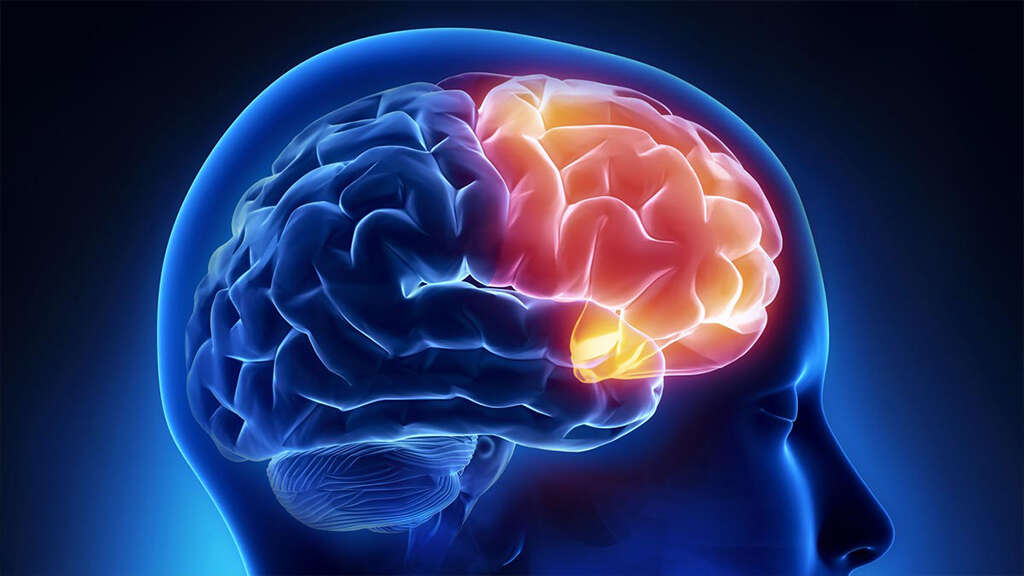
Brain Disease #8: Dementia
Many of us will experience a slowing down mentally as we get older. We can become more forgetful and find it harder to understand what is going on around us. Sometimes, this can become severe and have a serious impact on the patient’s life. Such a decline in cognitive abilities is known as dementia.
Dementia can be devastating for the victim and their families. Even spouses, siblings and children can be forgotten as a result of the disease. Alzheimer’s disease is a form of dementia that kills brain cells. A great deal of research is being undertaken but we are still struggling to understand what causes it and how to prevent it.

Brain Disease #9: Autoimmune Diseases
If a pathogen was to make its way into our body, it will then face quite a fearsome defense protecting the body. Our immune system will spring into action to face any intruder head on and the vast majority will be dealt without us even being aware they were there at all.
Our immune system can be faulty, though. One such fault is that it can attack the very body that it is supposed to be protecting. Any part of the body might become a target, including the brain. One such example is multiple sclerosis, an autoimmune disease that can leave the patient suffering symptoms from lack of coordination and loss of cognitive ability.
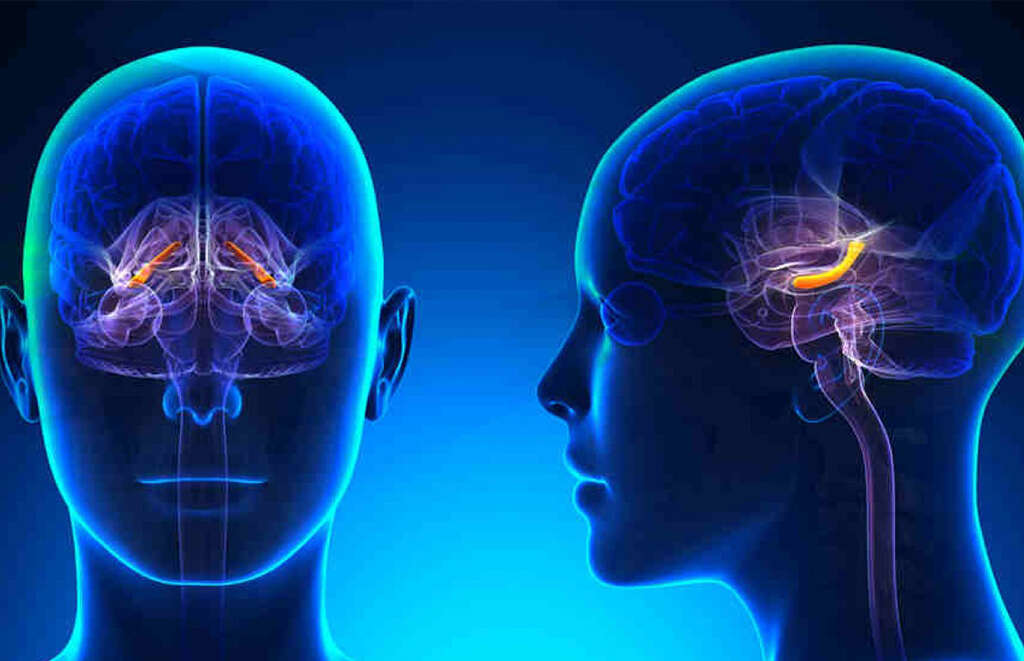
Brain Disease #10: Tumors
We have made good progress in the fight against cancer, but there is still a long way to go. Many cancers are now treatable but we are still more or less at the whim of many others. Brain cancers can be particularly difficult to deal with and they will cause tumors that can grow out of control.
A growing tumor in the brain can lead to loss of mobility, loss of cognitive ability and even death. Sometimes it will be possible to remove a tumor, hopefully leaving the patient able to make a full recovery. In some cases, the tumor can be benign and will require no surgery or other treatment.





